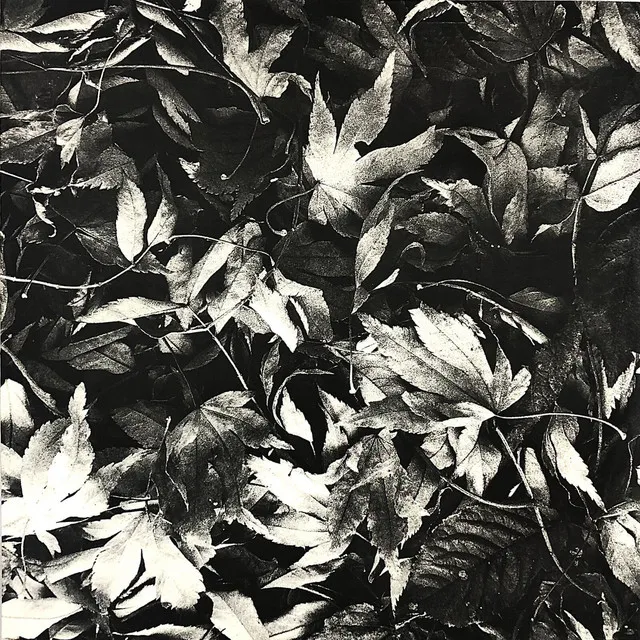
By-Blow
All Different Things
- 16.04.1990
- 0 Streams
- 5 min 6 sec

Despite a relatively small recorded output and little media recognition, Bark Psychosis were one of the most innovative artists of their era. From rather uninspired origins as a teenage Napalm Death cover band, the British group evolved by leaps and bounds, moving from moody, lush pop to ambient soundscapes to taut, atmospheric experimental music; their work was so revolutionary, and so impossible to define, that noted critic Simon Reynolds even found it necessary to invent a new subgenre -- "post-rock" -- simply to categorize their vision. Bark Psychosis was founded in 1986 while its members were attending school in Snaresbrook, England; at the time of their formation, the average age of the group -- vocalist Graham Sutton, bassist John Ling, and drummer Mark Simnott -- was just 14-years-old. Drawing inspiration everywhere from Joy Division, Swans, and Sonic Youth to Five Star and early Level 42, the quartet only began taking music seriously after Sutton and Ling's graduation, and soon started composing original material. Upon signing to the tiny Cheree label, they debuted in 1988 with a flexi-disc release titled "Clawhammer." In 1989, Bark Psychosis resurfaced with their first proper single, "All Different Things"; the gauzy 1990 follow-up, "Nothing Feels," was an early breakthrough, a haunting, sophisticated record backed with the equally stunning "I Know." Keyboardist Daniel Gish, a former member of Disco Inferno, joined the band that year. Issued the following year, the Manman EP continued their remarkable growth, reflecting Sutton's increasingly fascination with techno and the possibilities of synthesziers, programming and sampling while setting the stage for the 1992 landmark Scum, an ominous, 21-minute improvisational ambient masterpiece recorded live in a Stratford church. At the peak of their powers, Bark Psychosis entered the studio in November 1992 to begin work on Hex, their long-awaited full-length debut. In sum, the LP took over a year to complete, forcing the group to the brink of emotional and financial collapse. Upon the record's completion, a tour was planned in support of the single "A Street Scene," but then Ling exited. Even as Hex appeared to massive critical acclaim -- Reynolds' review of the album marked the first mention of the post-rock label, a tag later attached to similarly uncategorizable bands like Tortoise -- Bark Psychosis was essentially dissolved, although one final single, the techno-inspired "Blue," was issued by the end of 1994. The group officially disbanded in 1997; two posthumous retrospectives, 1994's Independency and 1997's Game Over, summed up their EPs and singles. In the wake of Bark Psychosis' demise, Sutton and Gish plunged fully into the realm of drum'n'bass, recording under the name Boymerang. By the time Regal issued 1997's Balance of the Force, Boymerang was a solo outlet for Sutton. In 1999, Sutton began working on another Bark Psychosis album, with extensive help from former Talk Talk drummer and Boymerang contributor Lee Harris. That album, entitled Codename: Dustsucker, was set for release through Fire in March of 2004. ~ Jason Ankeny, Rovi